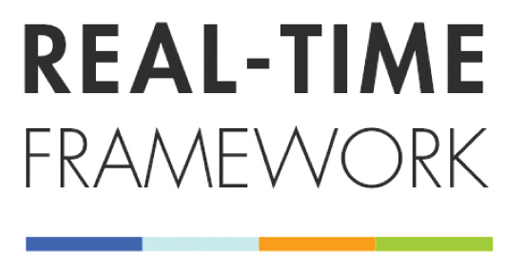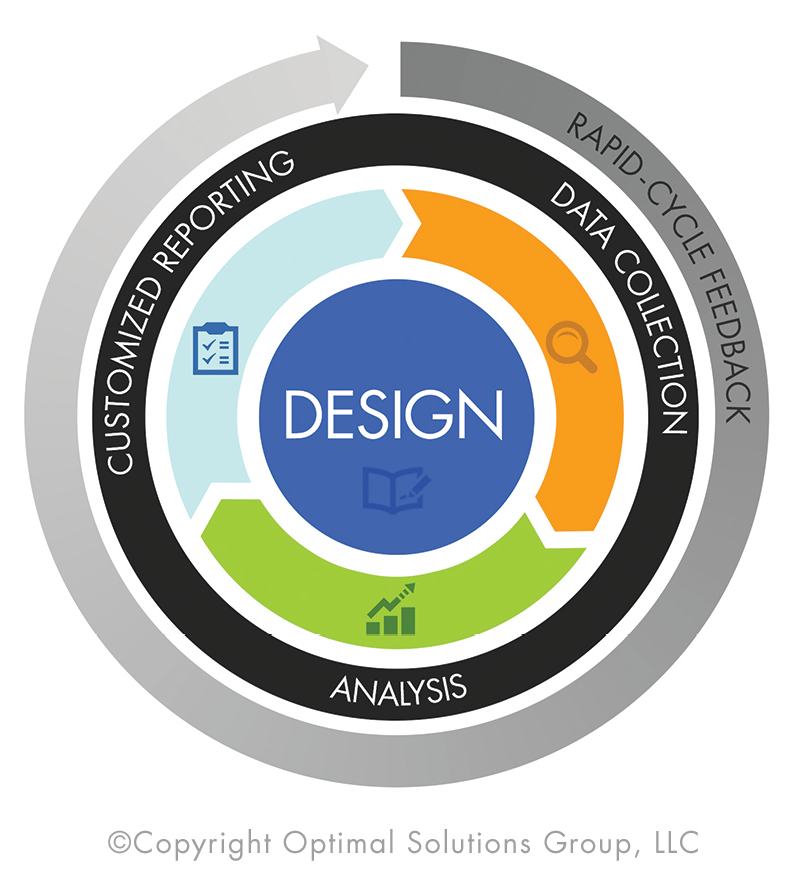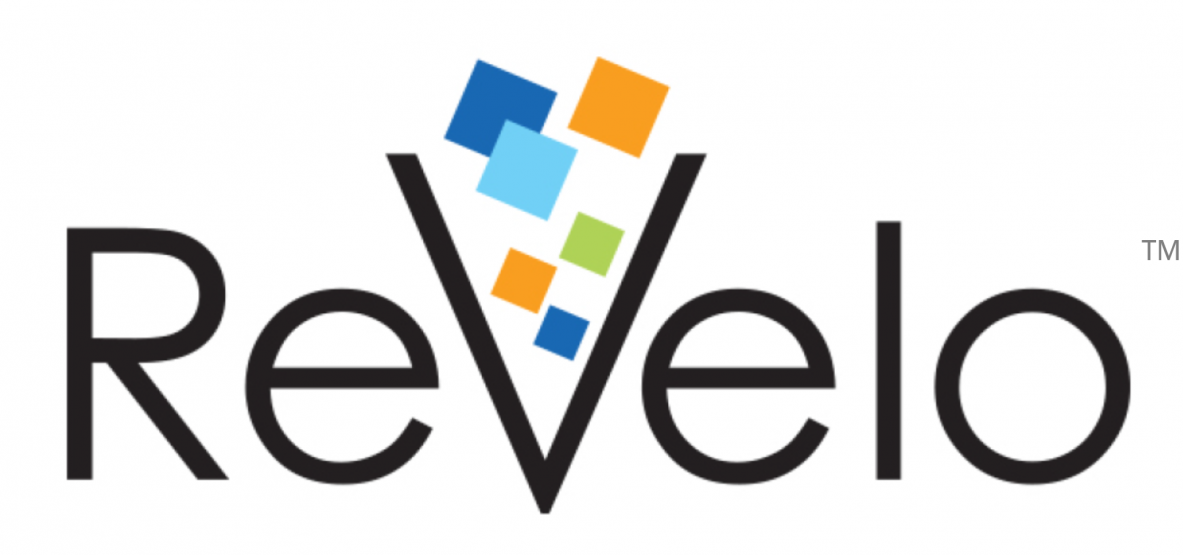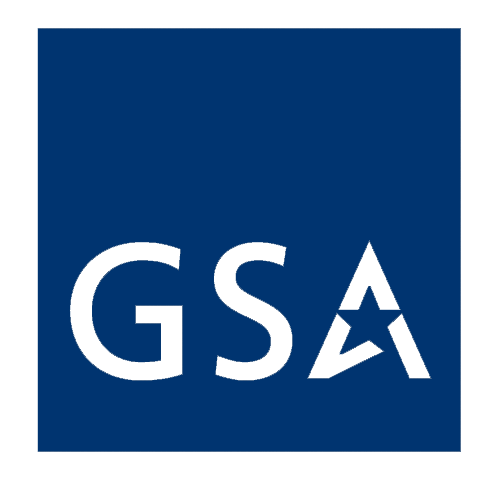USAID Learning, Evaluation, and Analysis Project work in 22 countries
College Park, MD–10/6/2014 — The U.S. Agency for International Development (USAID) started the Learning, Evaluation, and Analysis Project (LEAP) in 2011 with the goal of providing assistance to developing countries. Via LEAP, USAID has done work in 22 countries, including Albania, Armenia, Bangladesh, Bosnia and Herzegovina, El Salvador, Liberia, Nigeria, Peru, Rwanda, among others. LEAP was a contractual mechanism for USAID’s Economic Growth, Education, and the Environment Bureau to increase access to rigorous, independent technical evaluation and analyses.
Optimal Solutions Group, LLC (Optimal) was the LEAP contractor, while Cambridge Research International was the subcontractor. Optimal conducted a variety of work for the project, including performance evaluation, analytical studies, and cost-benefit and cost-effectiveness analyses.
To read more about the LEAP task orders, please click here.
*********************************************************************
Optimal Solutions Group, LLC
Founded in 2000, Optimal Solutions Group, LLC is a nonpartisan public policy research and technical assistance firm that stands out for its quantitative expertise and innovative approaches to provide rigorous, data-driven research and technical assistance to government agencies, corporations, nonprofit organizations, and philanthropic foundations. Located at the University of Maryland’s M Square Research Park in College Park, Optimal is a leader in driving real-time public policy research. Optimal has 60+ employees, including multidisciplinary researchers with backgrounds in business, communication, economics, education, health policy, psychology, public policy, sociology, statistics, and urban planning. Optimal has four research centers: Health, Education, Housing, and Workforce Development and Social Policy.












Connect with us Facebook
Facebook  Twitter
Twitter  LinkedIn
LinkedIn